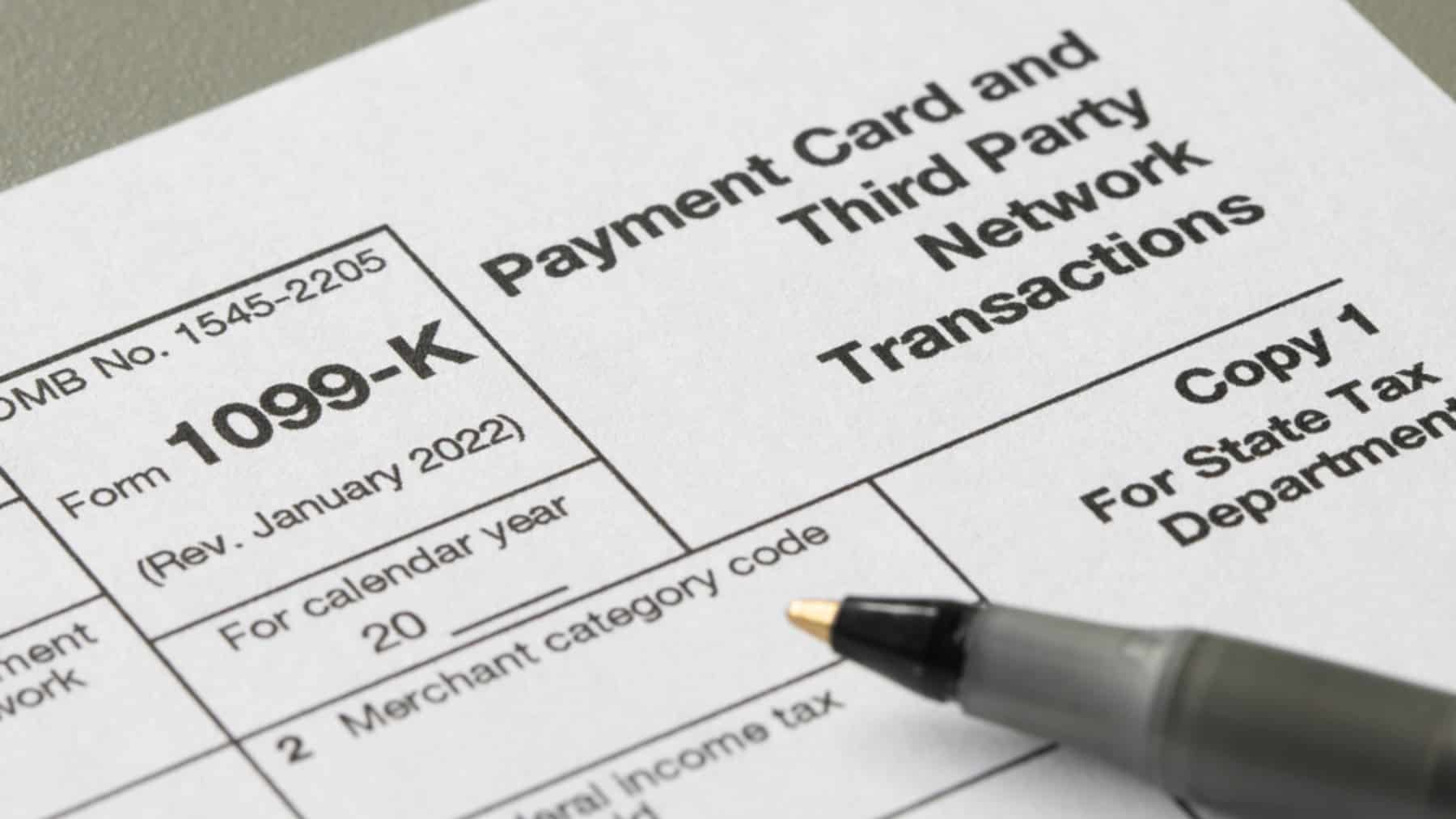A new requirement for applying for a U.S. visa has been announced by the U.S. Department of State (DOS), and it took effect on September 2, 2025. The statement explained that all non-immigrant visa applicants will require an in-person interview with a consular officer. There are cases that are exempt from this interview, such as applicants for diplomatic or official visas, renewals of B1/B2 visas, F visa applicants, J visa applicants, or I visa applicants, among others.
For this reason, authorities advise applicants to consult the official websites of embassies and consulates in order to obtain detailed information about the visa application procedure. This new measure is one of many that have been announced and implemented by the United States Citizenship and Immigration Services (USCIS), driven by Donald Trump in his efforts to tighten the country’s immigration policies.
Non-immigrant Visas
Travel to the United States is not primarily aimed at settling down but has many other reasons for traveling. However, whatever the reason, it is necessary to apply for a visa. There are 2 categories of visas:Immigrant visas: for those who want to enter and stay permanently in the country.Non-immigrant visas: such as tourist visas, diplomatic or official visas, agricultural and non-agricultural worker visas, investor visas, trader visas, and domestic employee visas.
How do I apply for my visa?
The process is relatively simple, as you only need to schedule an appointment at the embassy or consulate of the United States in your country and follow the steps they provide. To save you time, the basic and generic steps include:Presenting a valid passport.Presenting a suitable photograph.Submitting the DS-160 form.
Changes in the application for the American visa
Since September 2, 2025, the United States Department of State (DOS) announced a new requirement related to visa applications, which replaces the policy announced on February 18 of this year. This measure requires that all non-immigrant visa applicants (from 14 years to 79 or more), must undergo an in-person interview with a consular officer. It will be these officers who determine who and why must undergo an in-person interview, making the selection criteria somewhat random.
Who is exempt from the interview?
The DOS announced that there are some applications that are exempt from the interview:
- Applicants for A-1, A-2, C-3, G-1, G-2, G-3, G-4, NATO-1 to NATO-6 visas, or TECRO E-1.
- Applicants for diplomatic and official visas.
- Those applicants applying for the renewal of a B-1, B-2, B1/B2 visa with full validity or a border crossing card/permit (for Mexican citizens), provided they were over 18 years old at the time of issuance.
What must applicants for visa renewal do to avoid having to go through the interview?
- Submit the application in their country of nationality or residence.
- Have not previously been denied a visa.
- Not present potential or apparent ineligibility.
More updates from the DOS
In addition to the announcement of the mandatory requirement to attend an in-person consular interview, the U.S. Department of State (DOS) made another announcement on August 28. This time it referred to where the interviews of immigrant visa applicants must take place. It informed that starting November 1, 2025, mandatory interviews will be held in the consular district designated for their country of residence. If requested (and in exceptional cases), the application can be submitted in their country of nationality.
All this information and any additional questions you may have are detailed on the official websites of the embassies and consulates, so it is advisable to stay informed about all these changes, especially if you or someone you know is undergoing this bureaucratic process.
Accessing the United States not only involves a very tedious bureaucratic process, but it also has an economic cost. Starting in 2026, these figures will increase considerably, which worries experts. What are the problems posed by this increase?




